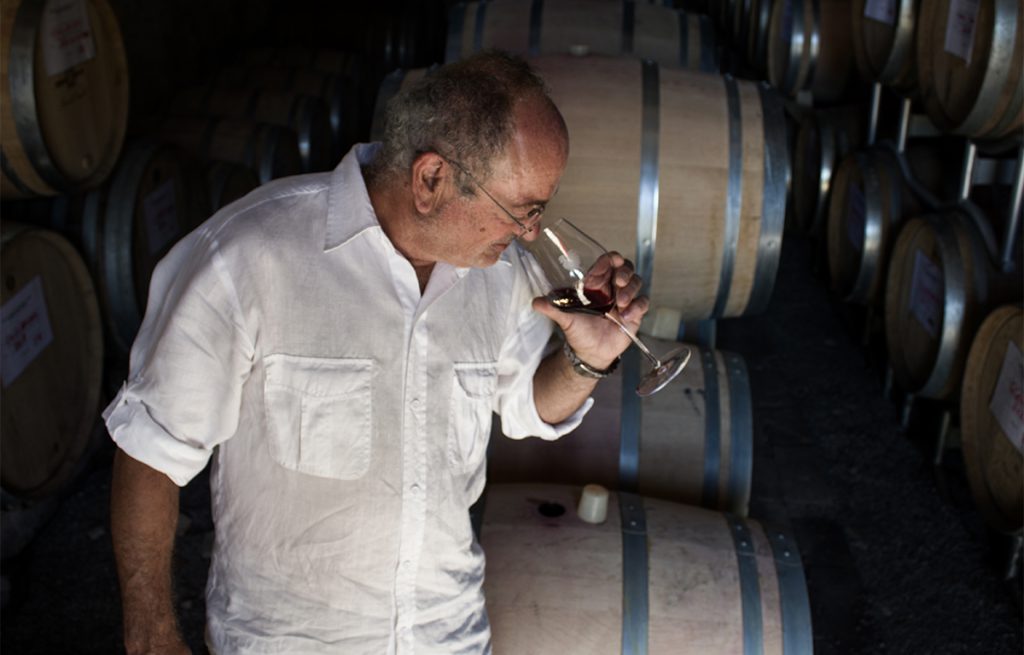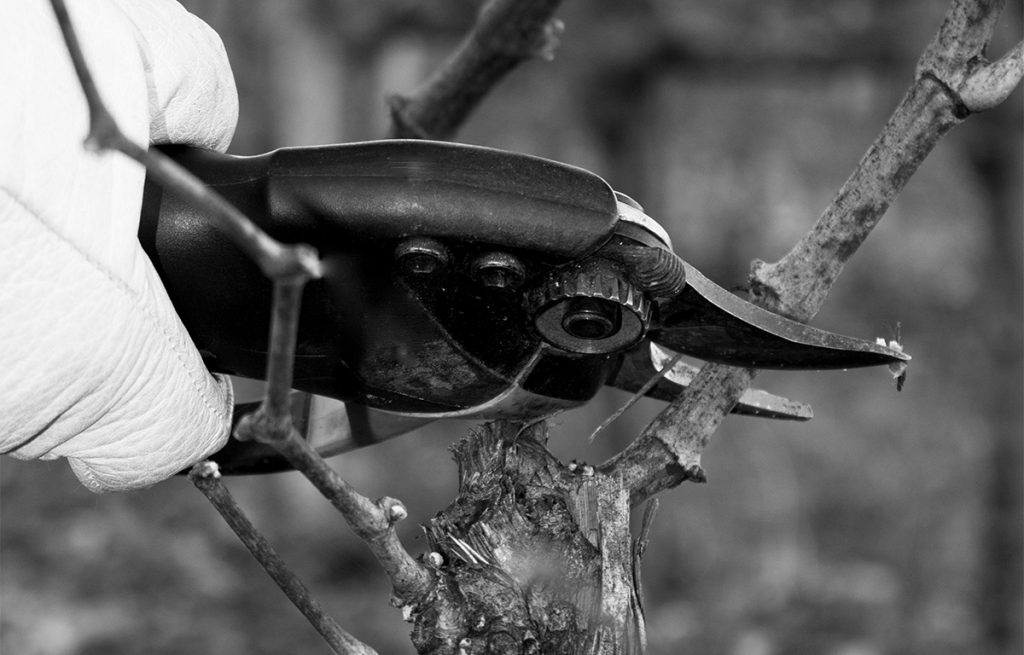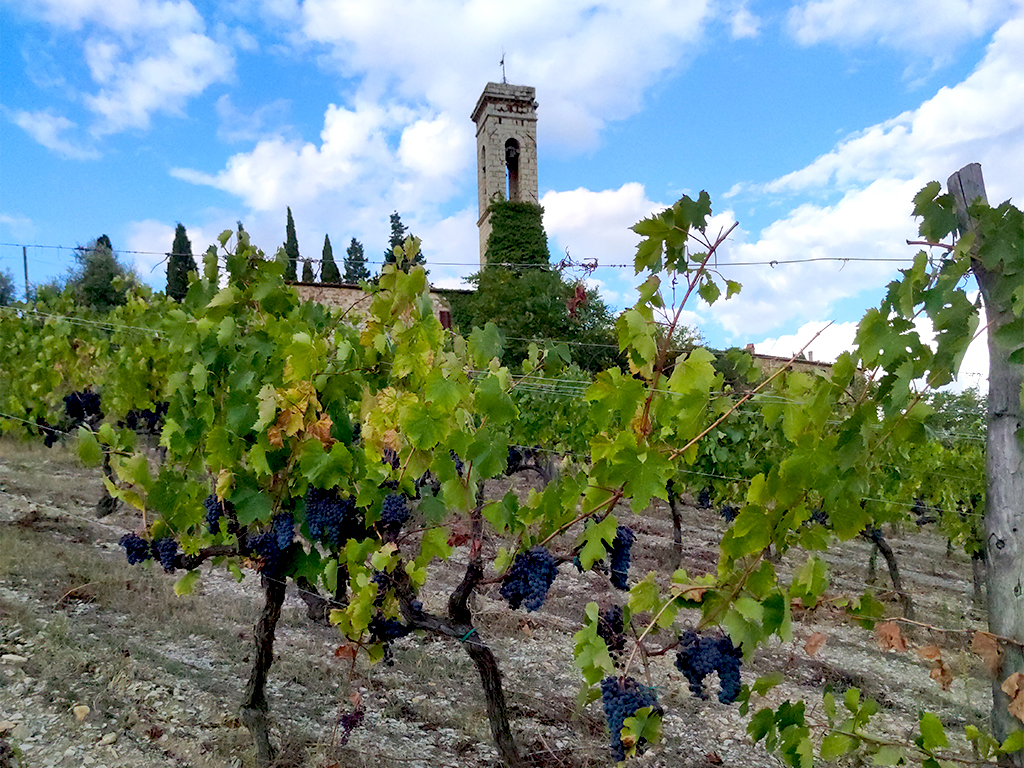The Person at the Center

The company and its history
The Azienda agraria Pieve di Campoli was established with the intention of bringing together in a single productive entity, the many real estate properties and land with an agricultural vocation of theArchdiocese of Florence. In 1985, following the establishment of the Diocesan Institute for the Support of the Clergy - created with the aim of administering ecclesiastical benefits - the farm was also formed. The farm is located in the province of Florence and has an extension of hundreds of hectares that wind through the lands of 7 municipalities.
The farm includes more than 50 hectares planted with vineyards, located within the territories of the Chianti and Chianti Classico consortia and more than 18,000 olive trees planted on an extension of about 100 hectares of land scattered throughout the province that make the farm, one of the largest olive-growing realities in the Florentine area.

Our mission.
The Pieve di Campoli company was born out of the desire to reconcile two important and central aspects that still make up the company's philosophy: that of recovering land owned by the Florentine archdiocese, giving rise to products of excellence, and that of creating income through work; our mission could be summed up with this phrase "putting the Personat the center."
The company's will is to start from a great raw material and transform it into a process of constant growth and improvement of both its products and the people who work within it.
What comes from the earth is transformed by human hands to take on a better form; man himself gives thanks to Creation for its fruits, elevating himself through his own labor.
Lorenzo Milani

Cortine. A story to tell.
In Cortine, where the winemaking cellar and cooperage reside, excellent wine was already being produced long before the company was founded. It was made by the priest of the small rectory, Don Agostino Giotti, with vines now a hundred years old that still exist and endure, in the vineyards adjacent to the church.
Together with the farmer who helped him with farm work, he would proceed with those processes that, before being such, were true rituals of peasant culture. Vines were carried according to the two historical forms of cultivation of the "Tuscan capovolto" and that of the vine "maritata" to saplings of poplar, elm or pear, according to traditions that are lost even in Etruscan culture.
So it was that word spread in the surrounding villages of a legendary, delicious wine made "by the priest" of Cortine, who jealously guarded it for himself and the few who were lucky enough to taste it.
From 2019 Cortine becomes the name of a company line that in homage to the history of the place and its protagonists aims to create a product of excellence that is an expression of the vineyards of the area.



